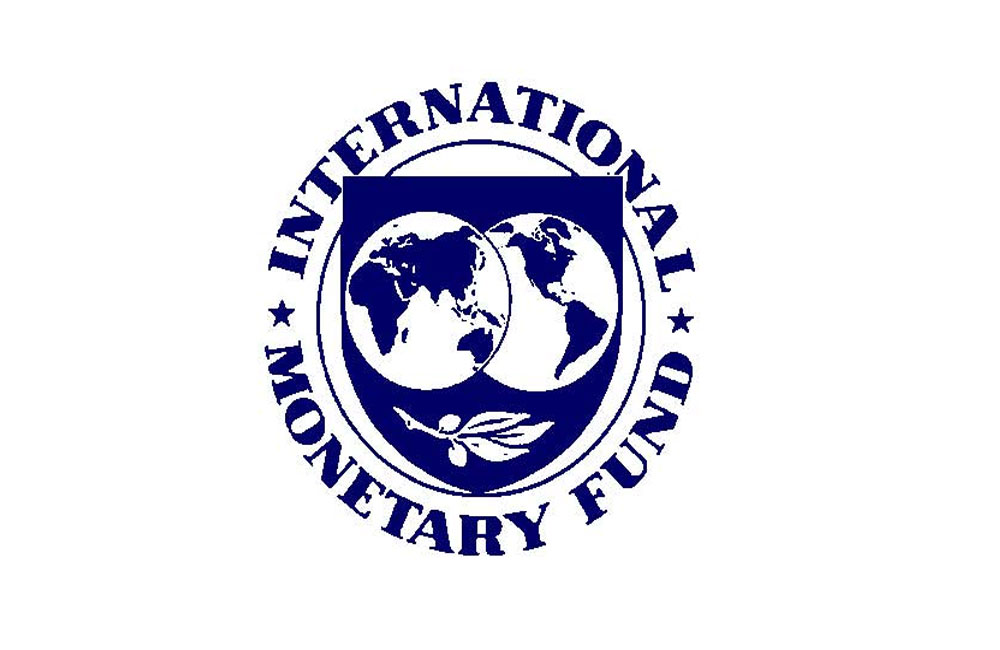The Executive Board of the International Monetary Fund (IMF) has stated that Sri Lanka’s economy is on the road to recovery after the Easter Sunday attacks and approved the disbursement of US$ 164 million as part of the Extended Fund Facility (EFF).
The Executive Board had met on Friday (1) and completed the Sixth Review of Sri Lanka’s economic performance under the programme supported by an extended arrangement under the EFF.
The completion of the Sixth Review, upon the granting of a waiver of non‑observance for the end‑June 2019 performance criterion on the primary balance, enables the disbursement of SDR 118.5 million (about US$ 164 million), bringing the total disbursements under the arrangement to SDR 952.23 million (about US$ 1.31 billion).
Sri Lanka’s extended arrangement was approved on 3 June 2016, in the amount of about SDR 1.1 billion (US$ 1.5 billion), or 185% of quota in the IMF at that time of approval of the arrangement. On 13 May 2019, the Executive Board approved an extension of the arrangement by one additional year, until 2 June 2020, with rephasing of remaining disbursements.
Following the Executive Board’s discussion of the review, Deputy Managing Director and Acting Chair of the Board Mitsuhiro Furusawa said that the Sri Lankan economy was gradually recovering from the impact of the Easter Sunday terrorist attacks.
He said that growth was projected to strengthen to 3.5% in 2020, from 2.7% in 2019, as tourist arrivals and related activities gradually recover.
“Sustained efforts to mobilise revenues will be needed in 2020 to place public debt on a downward path, while preserving space for critical social and investment spending. The new fiscal rule framework and the establishment of an independent public debt management agency over the medium term will help anchor public debt sustainability. Advancing SOE reforms in the electricity sector will also be critical to reduce fiscal risks,” he said.
He also said that the Central Bank of Sri Lanka should maintain a data-dependent monetary policy.

Leave your comments
Login to post a comment
Post comment as a guest